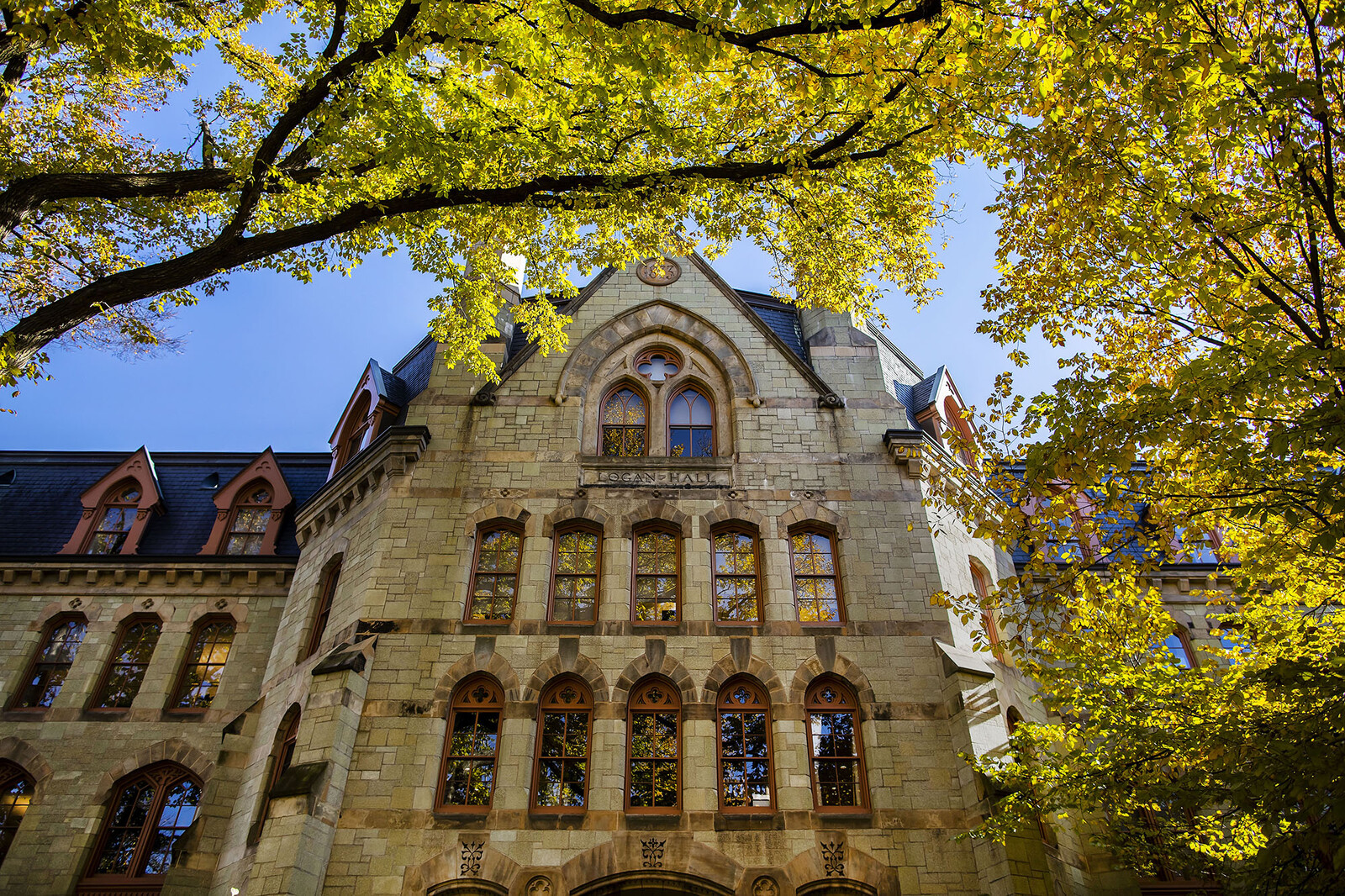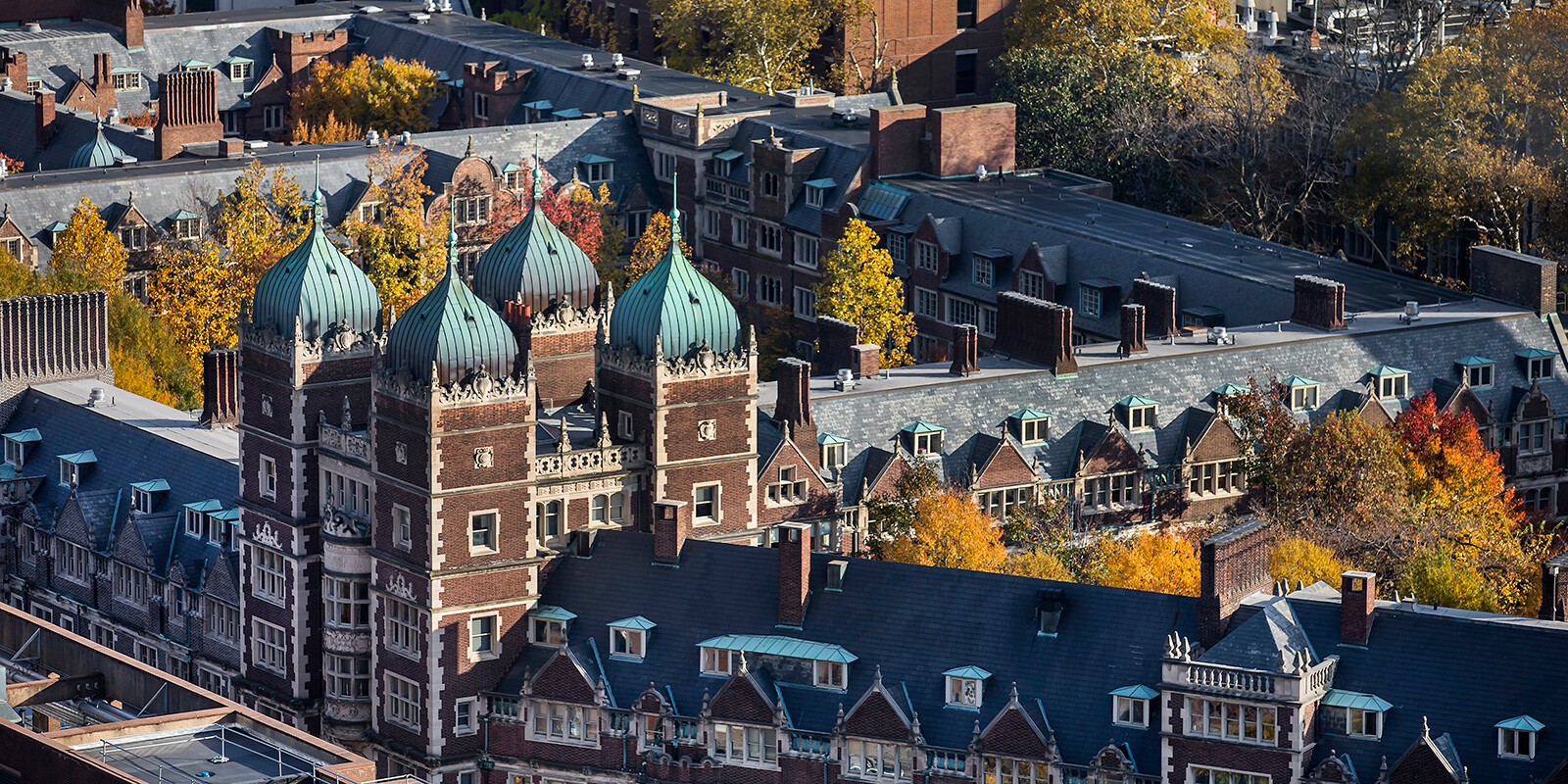The University of Pennsylvania, commonly referred to as Penn or UPenn, is one of the most prestigious and well-known universities in the world. As a member of the Ivy League, Penn holds a revered spot in American higher education. Its history is intertwined with that of the United States itself, and it continues to lead in education, innovation, and research. Founded by Benjamin Franklin, Penn was designed with the intent to foster practical knowledge that can better society, a mission it has followed ever since.
A Brief History of the University of Pennsylvania
The University of Pennsylvania was established in 1740, making it one of the oldest institutions of higher education in the United States. Benjamin Franklin, one of the most influential Founding Fathers, envisioned a school that promoted not just religious instruction but also the practical application of knowledge. His vision included an education that would prepare students to serve the public good. Over the centuries, Penn has grown from a small college into a major research university, renowned for its diverse programs and influential alumni.
Campus Overview and Location
The University of Pennsylvania is located in the vibrant city of Philadelphia, Pennsylvania. This urban setting offers students a unique blend of academic rigor and access to one of the nation’s most historic cities. The campus itself is a mix of Gothic architecture, modern buildings, and lush green spaces. Highlights include the iconic College Hall, the Fisher Fine Arts Library, and Penn Park, which provides a scenic retreat for students and visitors alike.
Notable Schools and Programs
Penn is home to a variety of top-tier schools and programs that attract students from around the world. Here are a few of the standout schools:
The Wharton School
The Wharton School is arguably Penn’s most famous school, widely regarded as one of the best business schools globally. It offers undergraduate, MBA, and doctoral programs and is known for producing leaders in finance, entrepreneurship, and management.
The School of Arts and Sciences
This is Penn’s largest school, offering a wide range of majors from humanities to social sciences and natural sciences. Students here have the flexibility to tailor their educational experience with interdisciplinary studies.
Penn Medicine and the Perelman School of Medicine
As one of the leading medical schools in the country, the Perelman School of Medicine is at the forefront of medical research, education, and clinical care. Penn Medicine is also a hub for groundbreaking research in cancer treatment, neuroscience, and more.
School of Engineering and Applied Science
The School of Engineering and Applied Science offers a broad array of engineering disciplines, with strong emphasis on cutting-edge technologies, including robotics, artificial intelligence, and bioengineering.
Student Life at Penn
At Penn, the student body is incredibly diverse and vibrant. There’s always something happening on campus, from cultural events to academic lectures and social gatherings. The university is home to more than 450 student clubs and organizations, catering to a wide range of interests.
Clubs, Organizations, and Extracurriculars
Whether you’re into performing arts, entrepreneurship, or community service, Penn offers countless extracurricular activities. Penn’s clubs and organizations reflect its inclusive environment, encouraging collaboration and personal growth.

Greek Life and Traditions
Greek life plays a significant role in student life at Penn, with around 30% of undergraduates participating in fraternities and sororities. Penn also has several longstanding traditions, including the iconic Spring Fling, a festival that takes over the campus every year.
Residential Life at UPenn
Penn offers several on-campus housing options, each fostering a sense of community among students. From freshman dorms to upperclassmen apartments, Penn’s residential life is designed to support academic success and personal development.
Living-Learning Communities
Penn also has special living-learning communities that allow students with similar academic or personal interests to live together. These communities provide an enriching environment for collaborative learning and networking.
Academics and Research
Penn prides itself on interdisciplinary learning and offers a plethora of dual degree programs that allow students to combine majors across schools. Its faculty includes some of the brightest minds in their respective fields, providing students with the opportunity to engage in high-level research as early as their undergraduate years.
Admissions and Acceptance Rate
Getting into Penn is highly competitive. With an acceptance rate hovering around 6%, only the most accomplished students are offered admission. Penn evaluates applicants holistically, considering not just academic achievement but also extracurricular involvement and personal character.
Requirements for Undergraduate Admissions
Prospective students are expected to have stellar academic records, strong standardized test scores, and demonstrate leadership or unique talents through extracurriculars.
Graduate School Admissions
Graduate admissions are equally rigorous, with each school and program having its own specific requirements, from GRE or GMAT scores to professional experience.
Financial Aid and Scholarships
Penn is committed to making education accessible to students from all backgrounds. The university follows a need-blind admissions policy, ensuring that financial need does not affect admissions decisions. Penn offers robust financial aid packages, including scholarships, grants, and work-study opportunities to meet 100% of demonstrated need.
Penn’s Commitment to Diversity and Inclusion
Diversity is a core value at Penn. The university has implemented a wide range of initiatives to support underrepresented students, including mentorship programs and financial aid designed for first-generation college students. The campus itself is a reflection of global diversity, with students hailing from all 50 states and more than 100 countries.
Famous Alumni and Their Achievements
Penn’s alumni network is vast and influential, with graduates making their mark across various industries. Notable alumni include business moguls like Warren Buffet, innovators like Elon Musk, and even former U.S. Presidents like Donald Trump. These individuals have made substantial contributions to society, shaping industries and public policies.
Athletics and Sports at Penn
Penn’s athletic teams, known as the Penn Quakers, compete in the Ivy League. The university has a rich history in sports, particularly in rowing, basketball, and football. Students can also participate in club and intramural sports, which provide a great outlet for staying active and socializing.
Global Opportunities and Study Abroad
For students looking to expand their horizons, Penn offers extensive study abroad programs. These opportunities allow students to study at partner institutions around the world, enriching their academic and cultural experiences.
Career Services and Alumni Network
Penn’s career services are among the best in the country, offering students personalized career counseling, job placement assistance, and internship opportunities. The university’s alumni network is a powerful tool for students and graduates, providing connections across virtually every industry.
Why Choose the University of Pennsylvania?
Penn’s blend of rigorous academics, vibrant campus life, and strong sense of community makes it one of the top choices for students worldwide. Its commitment to interdisciplinary learning, innovation, and diversity ensures that students receive a well-rounded education that prepares them for success in any field.
Conclusion
The University of Pennsylvania stands out as a beacon of academic excellence, innovation, and opportunity. From its world-renowned programs to its inclusive and dynamic student life, Penn offers an unparalleled educational experience. Choosing Penn means joining a community that values learning, leadership, and the pursuit of knowledge for the betterment of society.
FAQs
What is the University of Pennsylvania known for?
Penn is renowned for its interdisciplinary programs, particularly in business (Wharton), medicine (Perelman School of Medicine), and law.
How difficult is it to get into Penn?
With an acceptance rate of around 6%, Penn is highly selective, admitting students with exceptional academic and extracurricular profiles.
Does UPenn offer financial aid for international students?
Yes, Penn offers need-based financial aid to international students and meets 100% of demonstrated financial need.
What are the best majors at Penn?
Some of the top programs at Penn include business, biology, economics, political science, and computer science.
What is the student-to-faculty ratio?
The student-to-faculty ratio at Penn is 6:1, ensuring personalized attention and small class sizes.
